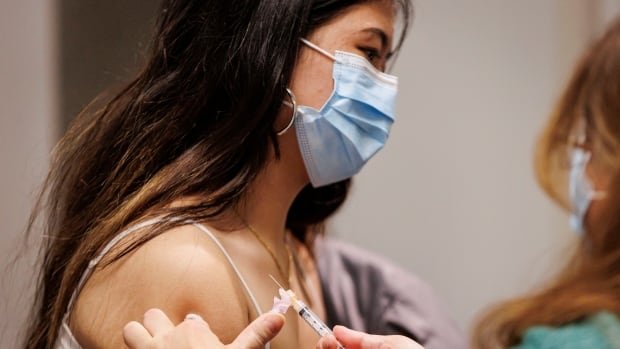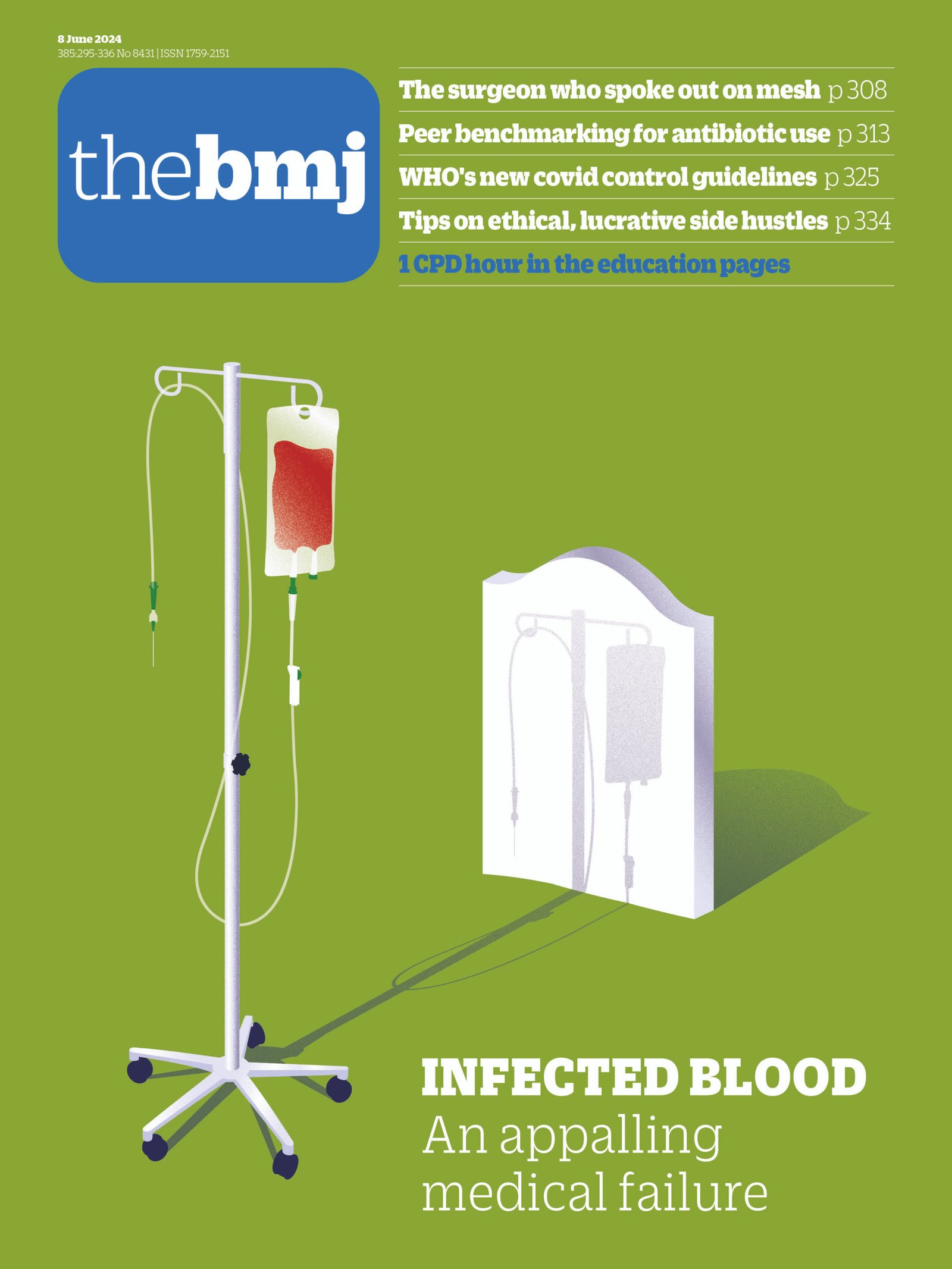The city’s public health unit and doctors are urging people to get vaccinated against a potentially fatal bacterial disease amid a rise in cases.
Toronto Public Health (TPH) has reported 14 confirmed cases of invasive meningococcal disease (IMD) so far this year, more than double the previous average of six cases per year.
“This is a substantial increase and we’re not even halfway through the year already,” Toronto’s associate medical officer of health Dr. Vinita Dubey said in an interview.
She also noted that a strain of the disease called W-135, which is not usually common in Canada, has already proven deadly.

“We’ve had one child and one adult who have died. These are very tragic deaths,” Dubey said.
IMD is a rare but life-threatening bacterial infection that can infect the brain and spinal cord, causing meningitis, and the bloodstream, causing septicemia. Teens and infants are most likely to become infected and up to 10 per cent of all patients with IMD die, according to Health Canada.
Tens of thousands of Ontario students are facing suspension if they don’t update their vaccination records, as the province pushes hard to get kids caught up on shots for everything from COVID-19 to chickenpox.
W-135 strain causing hospitalizations
Dubey said all five strains of IMD — A, B, C, Y and W-135 — tend to spread in Canada, but the W-135 variant in particular has hospitalized everyone who has had it recently in Toronto.
“The strain is called a hypervirulent strain, meaning that it can make you very sick,” she said. “It comes on quickly and it progresses quickly.”
The W-135 strain usually makes up 20 per cent of all cases in Toronto, but that’s increased to half this year, according to TPH.
Dr. Allison McGeer, an infectious diseases specialist at Toronto’s Mount Sinai Hospital, said the W-135 variant is commonly found in Saudi Arabia, which causes concern among health providers before and after the Hajj pilgrimage every year.

“The Hajj has so many people grouped together and meningococcal vaccines have been relatively expensive, and so they’re out of reach of many countries in the world,” McGeer said.
TPH is encouraging people returning from Saudi Arabia to watch for IMD symptoms, such as fever and headache, and to avoid sharing food and drinks as a precaution.
Dubey said someone may carry the bacteria for weeks or months before it causes severe disease.
Vaccine for B strain not publicly-funded: doctor
Ontario residents aged 18 to 38, including newcomers, who have not received IWD vaccines when they were in school, are eligible for a publicly funded meningococcal vaccine that protects against most strains of the disease.
Toronto-based family physician Dr. Vivien Brown, who also sits on the board of Immunize Canada, said the vaccine that protects against meningococcal B is not publicly funded.
“It’s not as simple as, ‘Just get your vaccine from public health,'” Brown said.
She recommends that vulnerable age groups, especially teenagers going into university this year, should consult their doctor about whether they should receive a B vaccine.
“It’s those adolescents leaving high school, getting into university, where, unfortunately, we see this killer disease,” she said.

Newcomers encouraged to get shot
The city’s public health unit is also encouraging newcomers to get vaccinated, as IMD shots aren’t common in many of their home countries.
“We had an outbreak of meningococcal C strain in our city in 2022 that was hitting young adults and most of those were newcomers,” Dubey said.
Those who don’t know whether they’ve received any of the IMD vaccines, should get vaccinated just in case, Brown said.
“It’s safer to get a second shot than to have missed the shot altogether,” Brown said.
Infectious disease specialist Dr. Dick Zoutman said some newcomers may not know they’re able to receive a vaccine or could be sceptical about getting one due to mistrust or misinformation.
“The critical element there is to look at providing as much information [as possible] that is appropriately developed for the audience,” Zoutman said.
He said it’s important that informational campaigns are in people’s native language and promote education.
“Many people have a very significant misunderstanding about what vaccines can do and what they can’t do and what the risks are,” he said.
“Overall, vaccines have saved an enormous number of human lives.“










